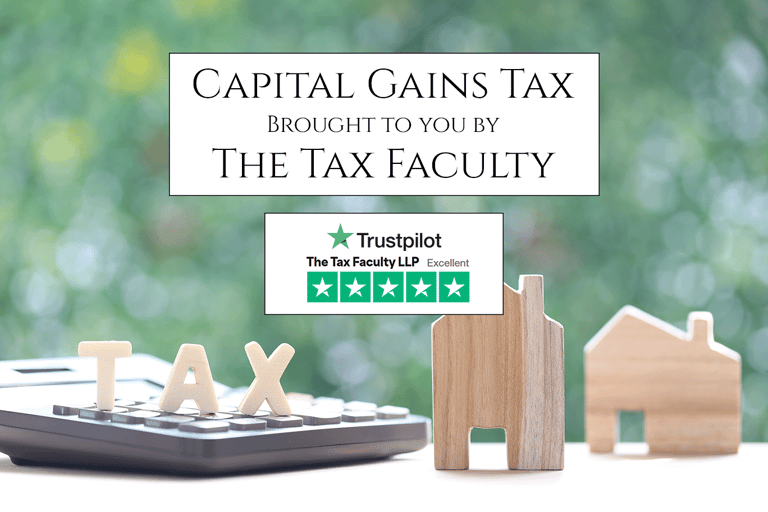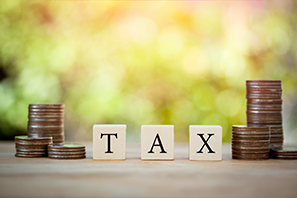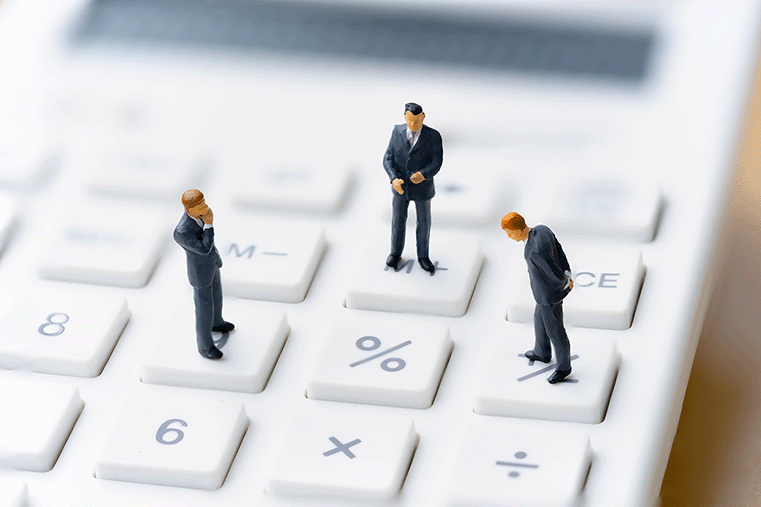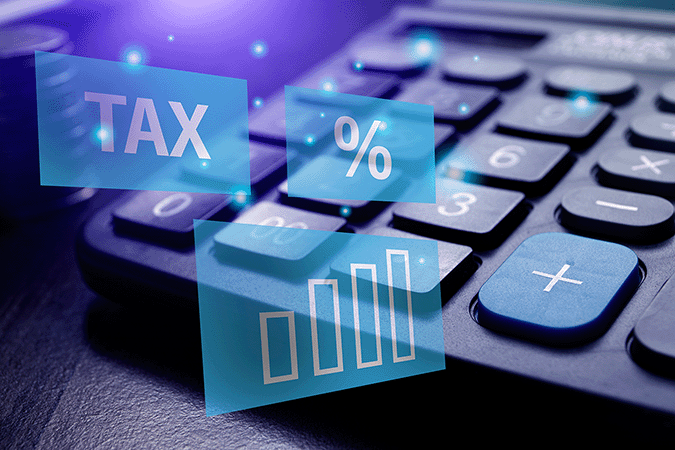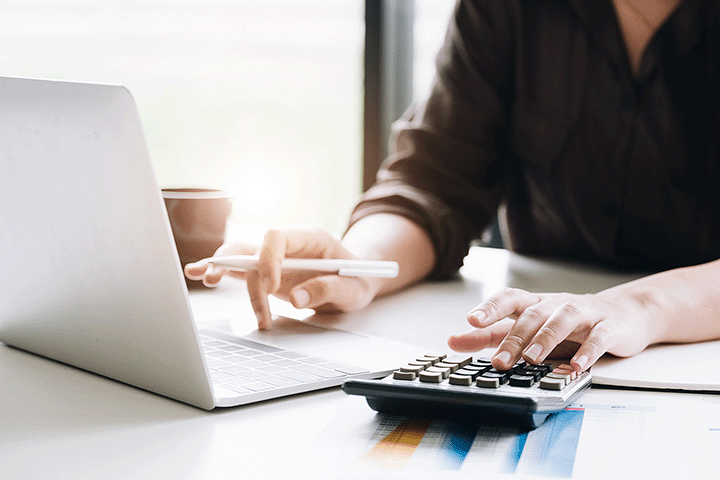Call: 0800 0016 878 - Email: info@capitalgainstax.co.uk
At The Tax Faculty, we understand that CGT can be confusing and complex, especially when it comes to property. That's why we are here to help. Our team of experts can provide you with tailored advice and guidance on all aspects of CGT, including how to minimise your liability and take advantage of any exemptions or allowances that may apply to your situation.
If you are thinking of selling a property or any other asset and want to make sure you are not paying more CGT than you need to, contact us today for a free consultation. We can help you navigate the complexities of CGT and ensure that once a property has sold that all filing is completed within the 60-day time limit.
If you require assistance with you CGT circumstances, please feel free to contact us on info@capitalgainstax.co.uk or call us free on 0800 0016 878 for a free initial consultation.
You can also complete the form below and one of our team will get back to you as soon as possible.
Get in touch
Tax Troubles? We're here to help
We can solve your Capital Gains Tax problems, with ex-senior expert HMRC inspectors here to help to take the stress away from your tax worries.
We do everything for you, including filing returns and giving advice that may help to reduce the amount of tax that you owe.
Our guarantee to you - You will pay the lowest amount of tax possible, while complying with the law.
Contact us free on 0800 0016 878, email info@capitalgainstax.co.uk or fill in our handy form and on of our experts will get back to you as soon as possible.
Phone

